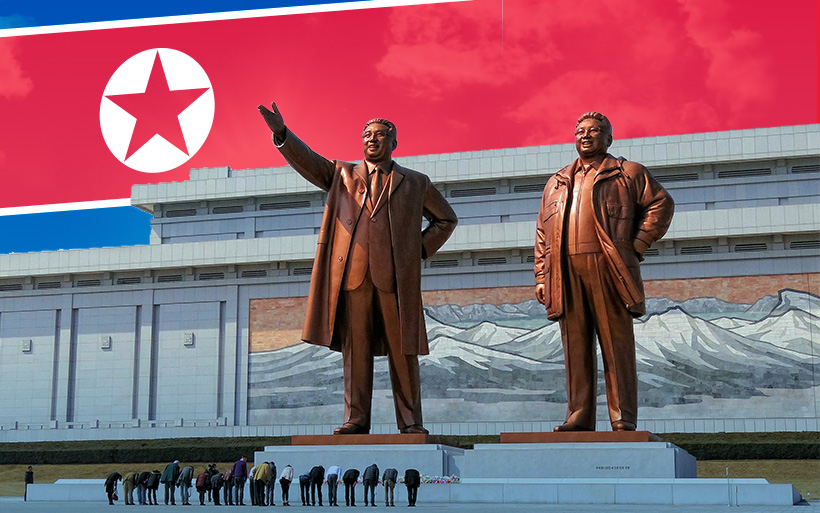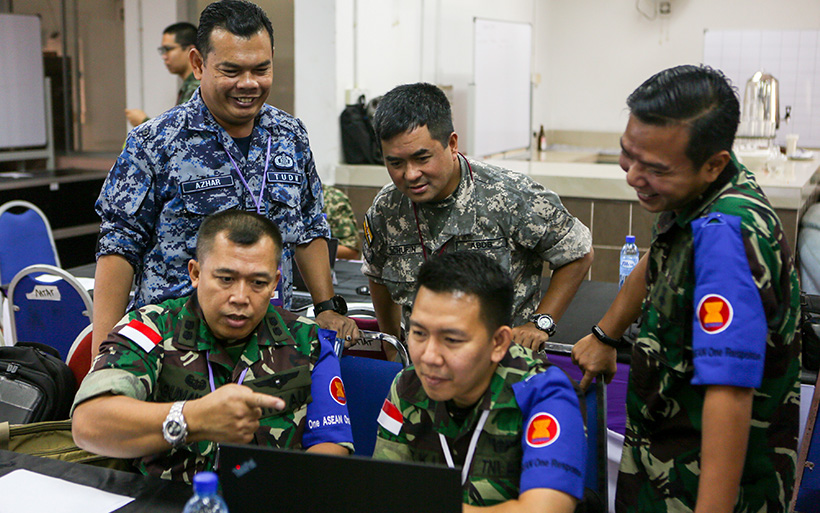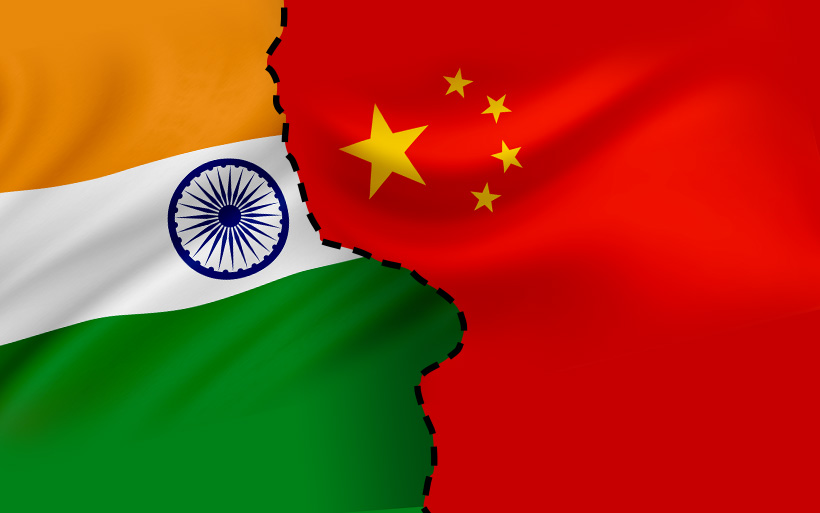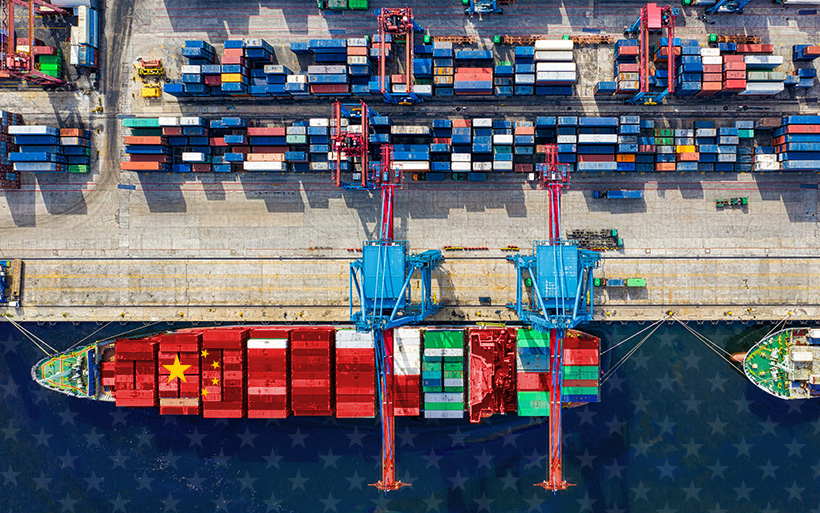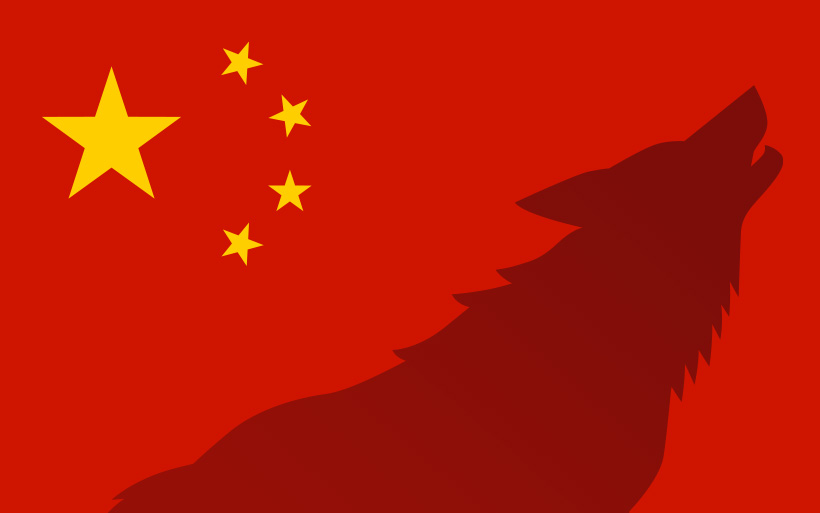Strategic Competition: Why Pakistan Matters
“Strategic Competition: Why Pakistan Matters,” is the title of an OpEd written by Dr. Saira Yamin for Security Nexus. This paper emphasizes the importance of the U.S. maintaining a strong relationship with Pakistan as strategic competition with China intensifies. Excerpt: It is worth noting that Pakistan remains vitally important to U.S. interests in the Indo-Pacific, not least because of its all-weather strategic cooperative partnership with China who regards it as an “element of its strategic competition with the United States and India.” The current state of U.S.-Pakistan relations is symptomatic of an increasing ambiguity that is counterproductive to advancing U.S. [...]



